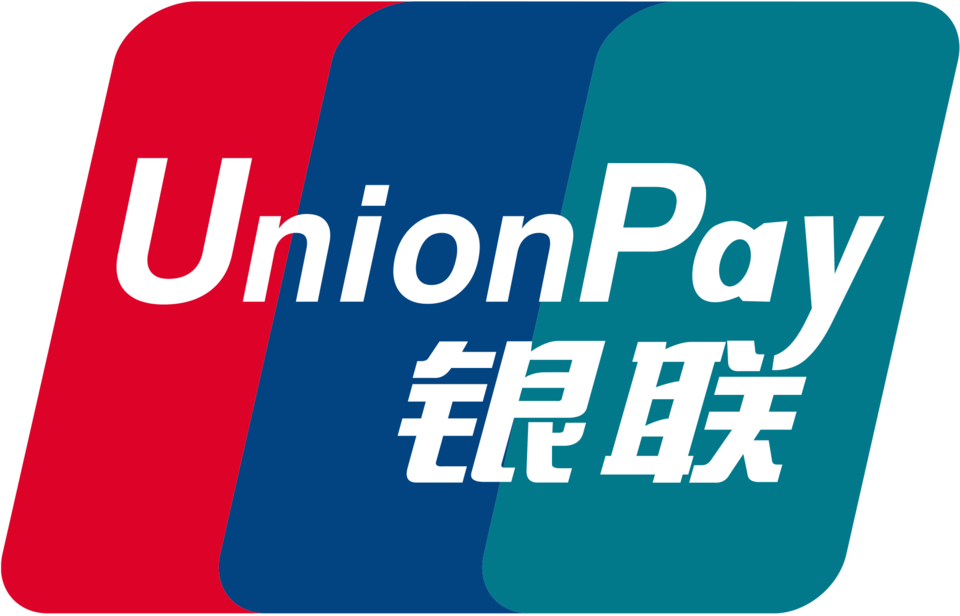
As the Chinese government welcomes leaders from around the world for its Belt and Road Forum in Beijing, analysts will ask: is the One Belt One Road (OBOR) initiative a plan to overthrow the existing global order, by pulling Asian countries into its sphere of influence?
That may be the wrong question. After all, China has been very much supportive of existing institutions — it has increased its financial support to the World Bank and the IMF, it is a permanent UN Security Council member, and it provides more troops to UN peacekeeping missions than all the other permanent members combined. Yet Beijing’s strategy goes beyond merely supporting existing outfits. In addition, China is quietly crafting the initial building blocks of what we may call a “parallel order” that will initially complement, and later possibly challenge, today’s international institutions. This order is already in the making; it includes, among others, institutions such as the BRICS-led New Development Bank and the Asian Infrastructure Investment Bank (to complement the World Bank), Universal Credit Rating Group (to complement Moody’s and S&P), China Union Pay (to complement Mastercard and Visa), CIPS (to complement SWIFT), the BRICS (to complement the G7), and many other initiatives. Of all these, OBOR, a vast plan of infrastructure projects to connect Asia, is arguably the most visible.
One important, though often overlooked key element of the China-led emerging parallel order is China UnionPay (CUP), which seeks to complement existing global actors such as VISA and Mastercard. CUP is China’s domestic bank card organization, the association for China’s banking card industry and the only interbank network in the country, owned by around 85 banks. UnionPay cards can be used in more than 140 countries and regions around the world, making it the second-largest payment network by value of transactions processed after Visa. CUP is dominant in China: UnionPay is used by 80 percent of debit cards and accounted for 72 percent of total transaction value in 2014. In fact, there are almost as many UnionPay cards globally in circulation as Visa and Mastercard combined (4.5 billion cards since its founding in 2002), and UnionPay is projected to grow strongly in the coming years. Mainland consumers dubbed the bank card company “China UP”, having emerged as a new symbol of China’s rising profile. Outside of mainland China, Union Pay issued 33 million cards as of the end of late 2014 and plans to “make a breakthrough” in the coming three years. In 2015, the Union Pay chip card standard was introduced to the local banks as the standard of Thailand’s banking industry. Thailand was the first overseas nation to adopt Union Pay standard as its local uniform chip card standard. Global operators such as Visa and MasterCard, however, are now able to apply for licenses to clear domestic Chinese payments, so CUP may face increasing competition.
Challenging Visa and Mastercard does not, at first glance, look like a geopolitical enterprise. And yet, the topic is intimately related to international security. China’s willingness to strengthen China UnionPay must also be seen as an attempt to gain greater autonomy from the West in the case of future confrontation. This became particularly obvious after the adoptions of Western sanctions against Russia in response to the annexation of Ukraine. If Moscow can be targeted, policymakers in Beijing reasoned, China could be next.
Indeed, in response to Western sanctions, when both Visa and MasterCard blocked the accounts of cardholders at BankRossiya and SMF Bank, Russia embraced China UnionPay. As Russia Today (RT), a pro-government news outlet, wrote in late 2014, “Forget Visa and MasterCard. After the two American credit system payment companies froze accounts without notice in March, Russia has been looking for an alternative in China UnionPay.”
While Western powers did not decide to cut off the entire Russian economy from Visa and Mastercard’s network — as is the case with Iran, Sudan and North Korea, where international credit cards cannot be used — it still provides the United States with power to inflict tremendous damage on perceived wrongdoers. If CUP became a global actor comparable to the two giants in the field, targeted regimes could — in theory — continue being open for businesses, even without Visa and Mastercard.
However, as the Financial Times recently pointed out, China Union Pay’s global battle will be far from easy. As Alfred Shang, a financial services partner at Bain & Co in Beijing, told FT,
New technology and the availability of better data are changing how the global payments market operates, and new entrants such as UnionPay will have to provide something new in terms of pricing, service, technology or scale. UnionPay’s global expansion comes at a time when the entire market is ripe for disruption, so they need to consider their business model carefully. (…) If they just play a ‘me-too strategy’ with Visa and MasterCard, there’s really no point.
Read also:
Book review: “Post-western world: how emerging powers are remaking global order”








